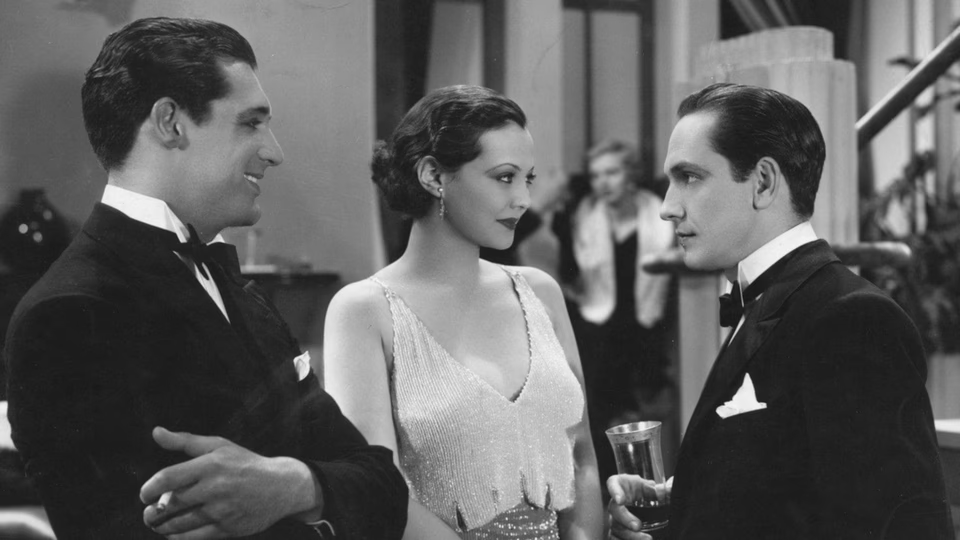Merrily We Go to Hell

Sylvia Sidney stars as an heiress who falls for an alcoholic newspaper reporter played by Fredric March.
They meet at a party. After a drunken lech paws at her, Sidney seeks refuge on the balcony. March is there, drunk, flicking bottle caps. He flicks one at Sidney. She’s sober, but—because the plot demands it—finds March’s drunken babbling charming. She leaves soon after, but not before giving him her number. On her way out, she tries to say goodbye to March, but he’s too drunk to recognize her. He continues this pattern of destructive behavior. Showing up late for dates, passing out before parties, yet she marries him. More plot happens and soon they’re in a “modern marriage” both drinking nonstop and carrying on affairs.
A frustrating outing. March plays a convincing drunk. Neither he nor Sidney over-emotes despite ample opportunities. But while Sidney charms from her introduction, March does nothing to endear himself.
A better script would have dropped the heiress angle and Sidney’s faux mid-Atlantic accent and cast her as a working-class New Yorker. This would have made their pairing more plausible—and explain March’s obsession with old-flame Adrianne Allen. The script hits all the predictable melodramatic beats, but I liked how it lingered on the pair in the glamorous gutter. This necessitates a rushed ending that feels disingenuous, but no more so than Sidney’s attraction to March.
Cary Grant has a small part as an actor who doubles as one of Sidney’s flings. A forgettable outing, save his first scene, which sees him clad in a powdered wig and breeches.